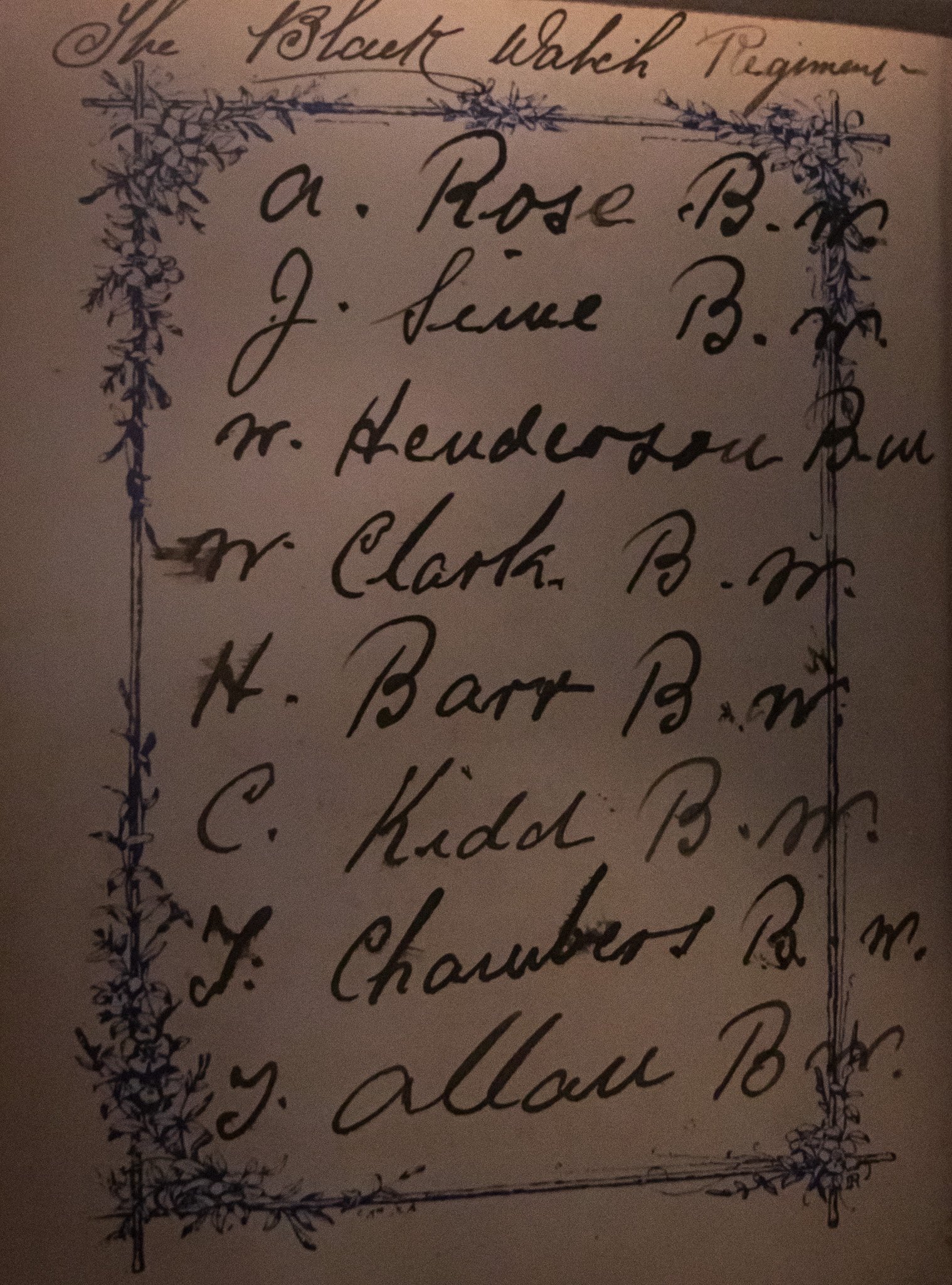While recovering in the Bikrul Hospital in Varanasi (then Benares), in a letter to the Truro Daily News, Karl writes:
“Time passes very slowly when one has nothing to do (except obey Dr’s orders, which in my case are “do nothing for another week yet, until you are strong enough to ride a bicycle again” and to pass away an hour or so I will write a few letters”
One of Karl’s first letters was to younger sister Mattie:
“You may see me home in 11 months if I have any luck in getting away from Bombay in goodtime. India is an immense “Windsor junction” as far as roads go. Otherwise it is not like it at all, there are plenty of goats out here all colours and shapes. It is not a bad country just now but in summer they have hot winds which are unbearable. Canada is the country and no mistake about it, and Nova Scotia is the garden of Canada.
… one thing I noticed in every place yet is that the ordinary domestic cat is the same and anywhere I go and from what I hear they all keep the same hours as the American cat.
Am just getting over the fever. I suppose you imagine that I feel very lonesome with no one to talk English but when one has been “knocked about” for a year they never mind anything in fact nothing bothers them at all, well I must close.
Then Karl wrote to the editor of the Truro news and this letter was subsequently published:
“I am now only 700 miles from Calcutta, and have been here seven weeks with malarial fever, and also with attacks of ague and another kind of fever. I am just about as weak as there is any need for, and I do not know when I will be able to take to the road again. Was in a local hospital for nearly two weeks, then I left and had not got more than a mile until I came to the cantonments where the Black Watch Regiment, 42nd Highland Brigade is stationed.
Here I found plenty of Scotchmen to talk to and in a few minutes was invited by the sergeant's mess to stop for a month or two or longer if I wished. They will not let me go, will not hear of it.”
The Black Watch, a Scottish regiment of the British Army established in 1739, holds a significant place in history. After their service in the Crimean War, they were deployed to India in response to the Mutiny. During this time, the soldiers' camaraderie with Karl was endearing, and the sentiment was mutual. Karl spent a substantial 10-week period recovering from malaria, during which he cherished the company of the Black Watch soldiers, spending 8 weeks engaging in social activities together. They even signed his autograph book and extended a warm invitation to attend their annual ball—an invitation Karl treasured so much that he preserved it among his personal effects, now residing in the archives of Nova Scotia.
Karl was lucky that he survived malaria, but the long-term effects would continue to impact him throughout his life. You may recall Dear Reader, Karl Chronicle #108 when Karl needed to recover from a bout of his symptoms at Beaufort Castle in Scotland.
Despite not being entirely at 100%, his determination to reach Bombay fueled his resolve to get back on his bicycle and continue his journey. But before departing Varanasi, Karl took the opportunity to explore some of the city's tourist spots, further enriching his experiences during his travels in India.
If you are new to the Karl Chronicles, get caught up on our expedition around the world! Start here with: 100 highlights from 100 Chronicles
Then get caught up on the rest of our journey, click here for more Karl Chronicles
The Karl Journey is registered as an official expedition with the Royal Geographical Society
















